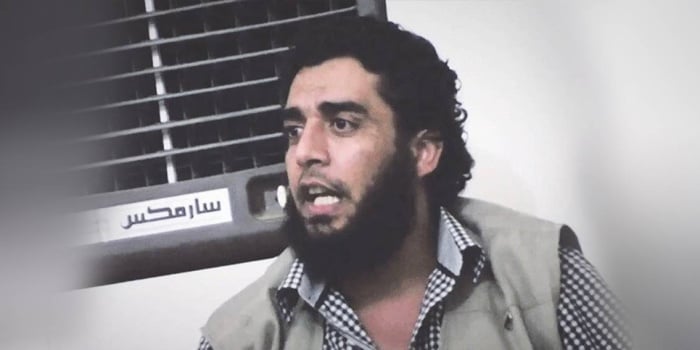Turkey has frozen the assets of Maysar Ali Musa Abdullah al-Juburi, also known as Abu Maria al-Qahtani, a senior leader of the Islamist militant group Hay’at Tahrir al-Sham (HTS) who was killed in Syria in April, the ANKA news agency reported on Friday.
Turkey’s asset freeze list, updated to include the HTS leader in line with United Nations Security Council (UNSC) resolutions targeting individuals, entities or organizations linked to terrorism, was published in the Official Gazette on Friday.
Actively involved in combat against the US military during the Iraq War between 2003 and 2011, Qahtani has been on the US sanctions list since 2012.
According to a report by the Amjad media outlet, affiliated with HTS, Qahtani was killed by a member of the Islamic State in Iraq and the Levant (ISIL) in a suicide bombing in Idlib’s northern countryside in April.
Qahtani “was killed and two of his companions seriously injured after a suicide bomber blew himself up,” said the Syrian Observatory for Human Rights war monitor.
Qahtani’s assassination in April came just one month after HTS released him following a seven-month detention on charges of collaborating with foreign parties.
HTS, a jihadist alliance led by al-Qaeda’s former Syria branch that controls swaths of the Idlib region in Syria’s northwest as well as parts of Hama and Latakia provinces and most of neighboring Aleppo, is designated as a terrorist organization by Turkey, the United States and other international actors.
However, the Turkish Ministry of Défense referred to the group as “opposition forces” in its latest briefing, sparking criticism and raising questions about Ankara’s position.
The briefing came amid a dramatic offensive by a coalition of rebel groups in Syria, including HTS, which has captured Aleppo and Hama. The coalition has also captured more than 200 surrounding towns, breaking what was thought to be a deadlock in Syria’s decades-long conflict.
The Turkish government, which has supported rebel groups in Syria since the start of the conflict in 2011, has provided weapons and logistical support to the Syrian National Army (SNA), a coalition of rebel groups also involved in the current offensive. Analysts suspect that Ankara probably authorized the operation in order to counter Kurdish autonomy in northeastern Syria.
The escalation comes at a time when regional powers are reassessing their role in Syria. Russian forces, Syrian President Bashar al-Assad’s main backers, have reduced their presence due to the war in Ukraine, while Iran’s influence has waned following intensified clashes with Israel. These shifts have left Assad’s forces vulnerable to a renewed rebel push.
